Critical Foods to Avoid for Purebred Cats: Protect Your Cat Companion
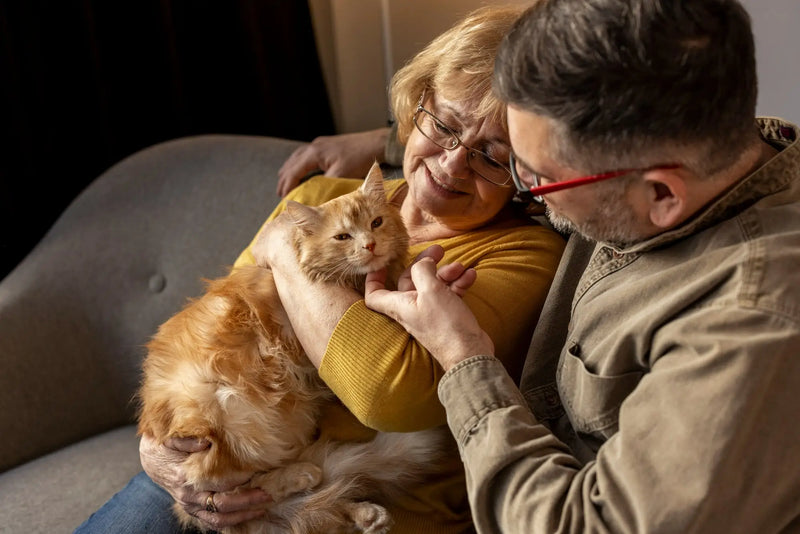
As a proud owner of a purebred cat or someone to adopt a purebreed kitten soon, whether it's a majestic Maine Coon or a sleek Sphynx, it's critical to understand which foods can pose a danger to your feline friend. Different breeds can have different sensitivities, but there are some general guidelines that all cat owners should follow to ensure their pets stay healthy and safe.
Introduction
Feeding your purebred cat isn't just about choosing the right kibble or canned food. You can check our Ultimate Kitten Nutrition Guide if you are not yet confident with what to feed your kittens. But it is also about avoiding certain foods that are toxic to cats. This guide dives deep into what not to feed your purebred kittens and the danger it imposes.
Why Some Foods Are Dangerous
Cats of all breeds share a common metabolism that differs markedly from humans. Foods that are harmless or even healthy for us can be dangerous for cats, causing everything from mild digestive upset to severe health crises.
1. Chocolate: The Sweet Danger
Chocolate contains theobromine and caffeine, both of which are toxic to cats. Even a small amount of chocolate can cause heart problems, seizures, and death. Given the curious nature of breeds like the Bengal or Abyssinian, ensure all chocolate is safely out of reach.
2. Onions and Garlic: Hidden Hazards in the Kitchen
Onions and garlic can break down a cat’s red blood cells, leading to anemia. This is particularly dangerous for smaller or fine-boned breeds such as the Devon Rex, who may already be prone to health issues.
3. Raw Fish: More Than Just Sushi Concerns
Regular consumption of raw fish can deplete vitamin B1, causing brain and nerve damage. Large breeds like Maine Coons may be given fish by well-meaning owners, but care should be taken to ensure it's cooked to avoid thiamine deficiency.
4. Alcohol: Not for Toasting
Alcohol is highly toxic to all cats, affecting their liver and brain. Breeds like the Ragdoll, known for their laid-back nature, might not resist lapping up an unattended drink.
5. Dairy Products: Not Always a Cat’s Delight
Many cats are lactose intolerant, including breeds like the British Shorthair and Somali. Dairy can cause diarrhea and digestive distress, so avoid giving milk, cheese, or other dairy products.
6. Caffeine: A Dangerous Stimulant
Caffeine can cause rapid breathing, heart palpitations, and muscle tremors in cats. High-energy breeds like Bengal may be more susceptible to these effects due to their active nature.
7. Grapes and Raisins: Small but Deadly
These foods can cause kidney failure in cats. Hairless breeds like the Sphynx and small breeds like the Devon Rex should be closely monitored to prevent accidental ingestion.
8. Xylitol: The Sweetener to Avoid
Xylitol can cause a rapid drop in blood sugar and liver failure. Large breeds like the Maine Coon or particularly social breeds like the Ragdoll might ingest xylitol-containing products like gum or baked goods left within reach.
9. Raw Eggs and Raw Meat: Beware of Bacteria
Raw eggs and meat can harbor bacteria like salmonella and E. coli, which can affect cats just as badly as humans. Adventurous eaters like Abyssinians and Bengals are particularly at risk if they scavenge or steal unattended food.
Emergency Response: What to Do If Your Purebred Kitten Ingests a Toxic Substance
If your purebred kitten has ingested something potentially toxic, it's crucial to act swiftly. Immediately remove any remaining hazardous substance from reach and observe your kitten closely for any signs of distress such as vomiting, diarrhea, lethargy, or difficulty breathing. Contact your veterinarian or an emergency pet poison control center right away with details of what was consumed and the approximate quantity. Prompt professional advice and treatment are vital to mitigate any harmful effects and ensure the health and safety of your kitten.
Conclusion
Understanding and avoiding these common food hazards can help ensure the health and longevity of your beloved purebred cat. Always consult with your vet if you’re unsure about certain foods, and keep your cat’s diet safe and nutritious.
If you think you still need to learn more before adopting a purebred kitten then you can check our Ultimate Guide to Preparing Your Home for a New Purebred Kitten. If you are excited and prepared to welcome your new furry companion, this is the perfect time to check our list of Purebred kittens for Adoption and start the Adoption Process now. Ready to dive into the world of feline companionship? Contact Us Now to get your purr-fect bestfriend.
Tags:


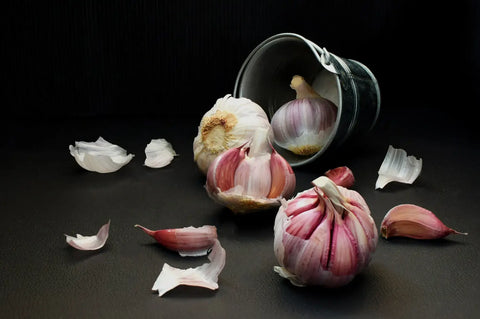
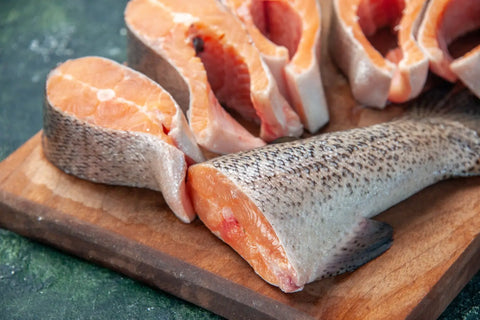

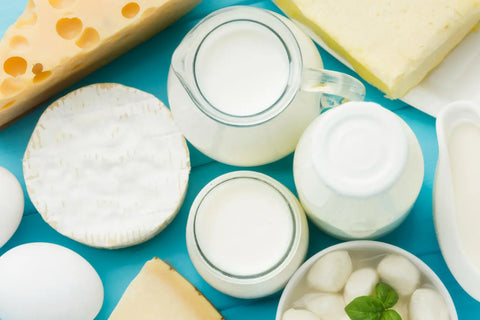

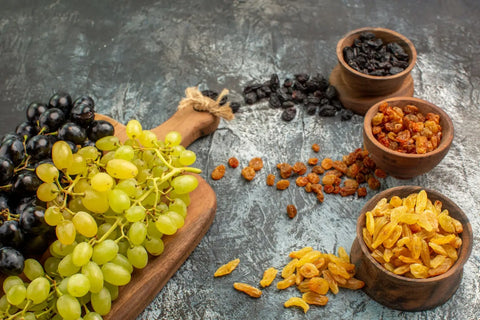
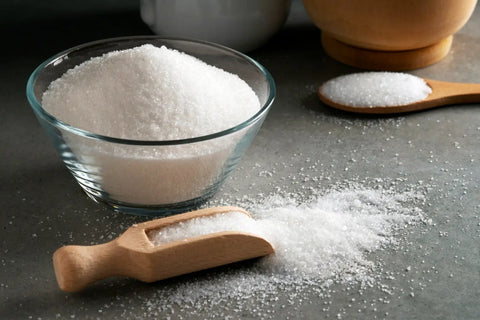
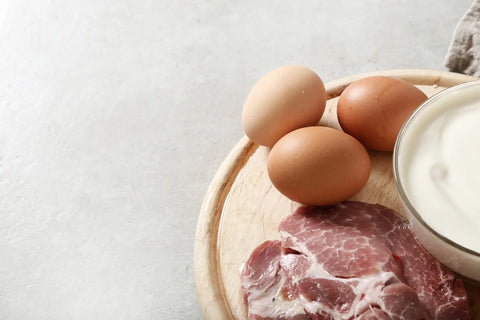
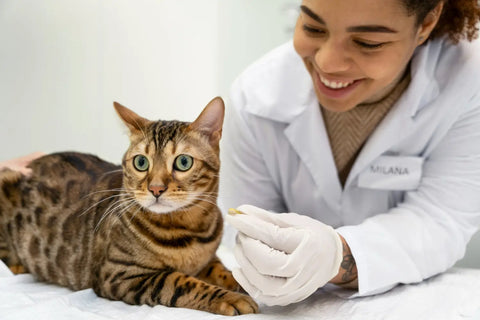



















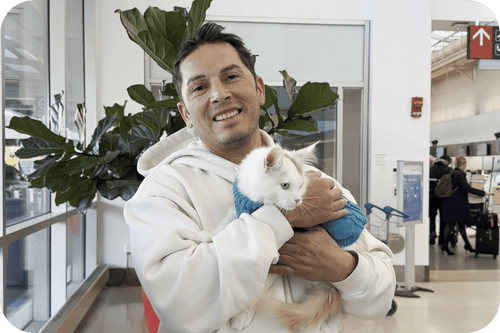
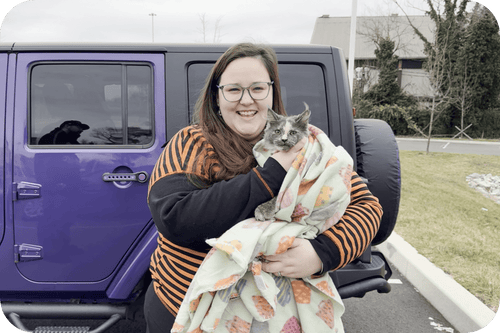
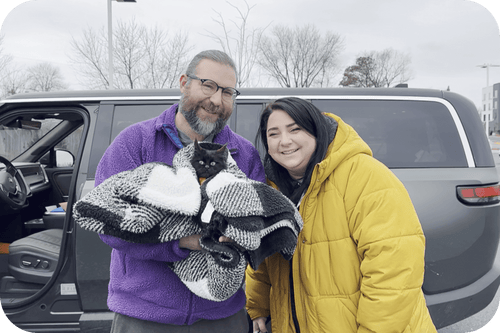
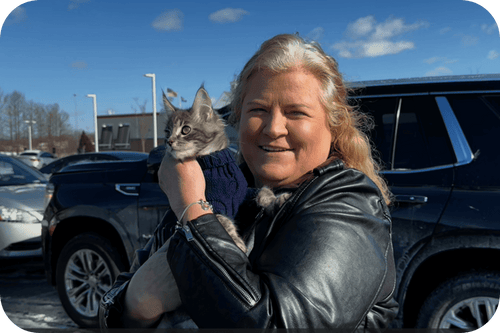

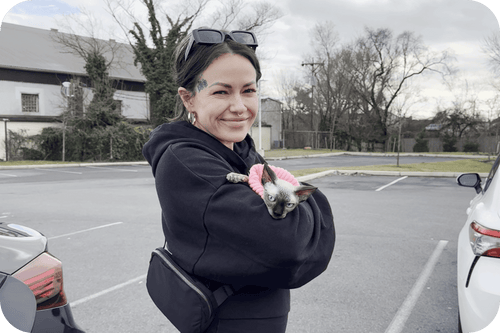
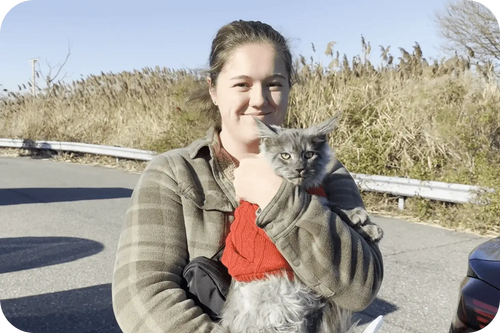
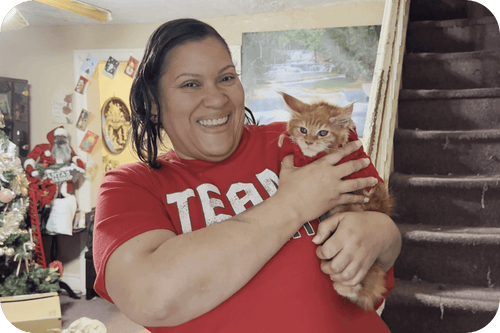
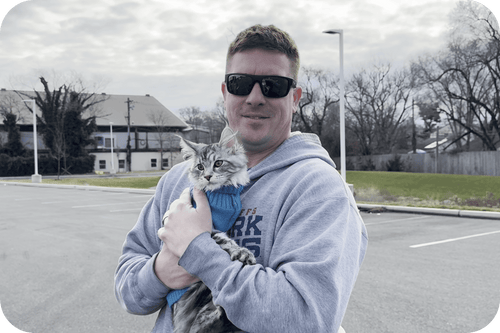
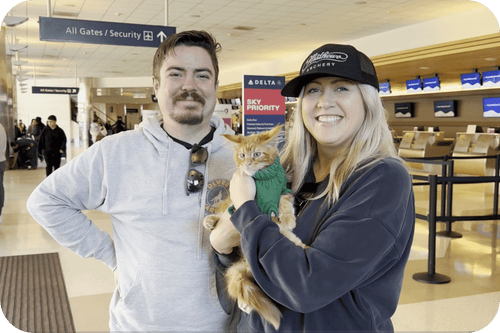
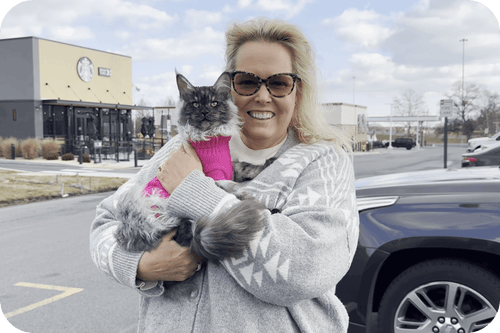
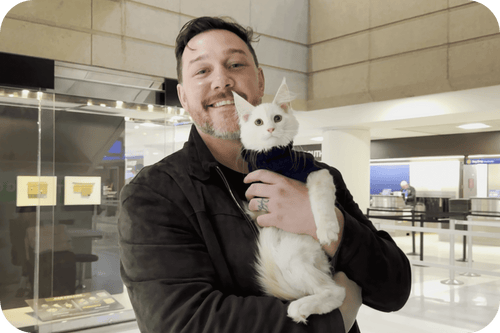
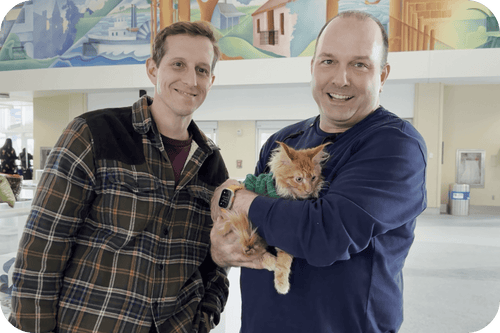
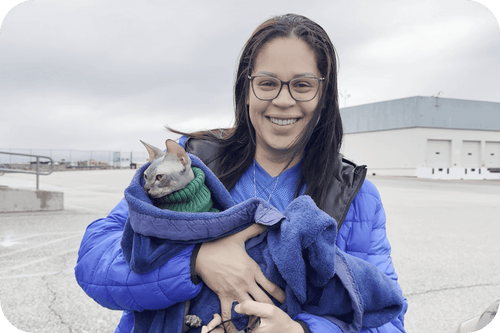
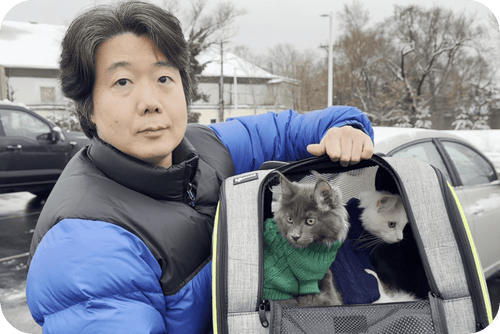
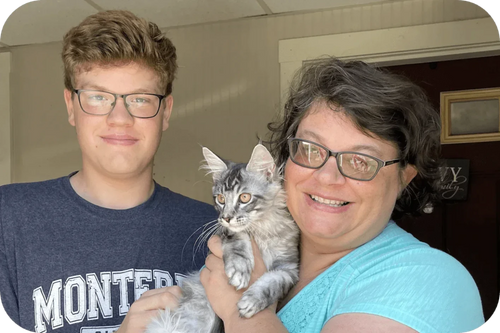
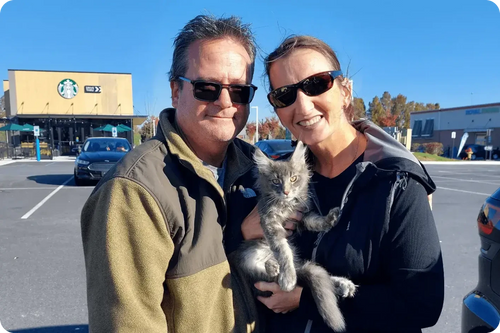
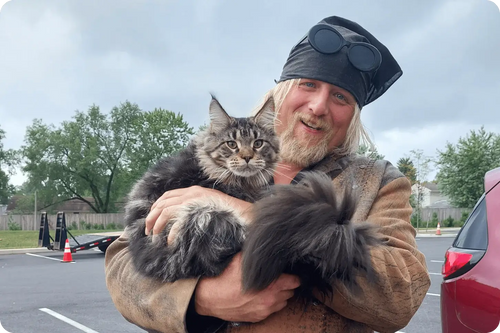
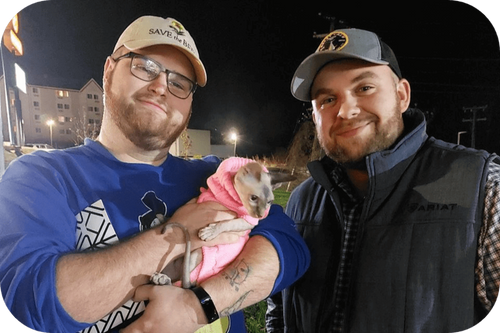
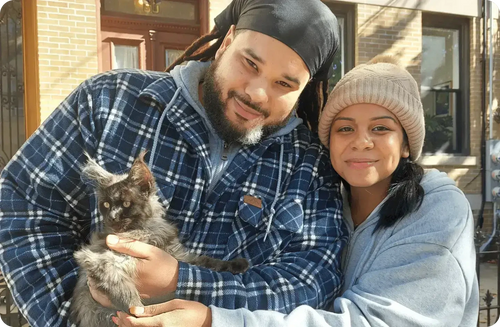
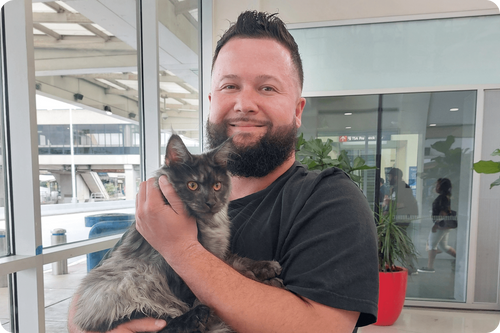










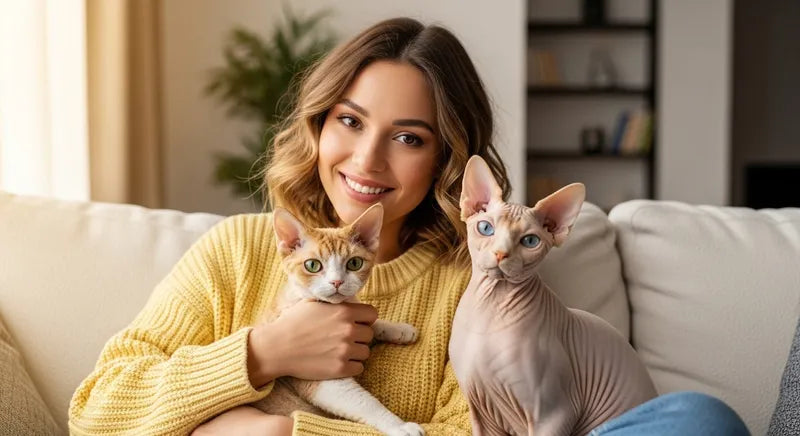
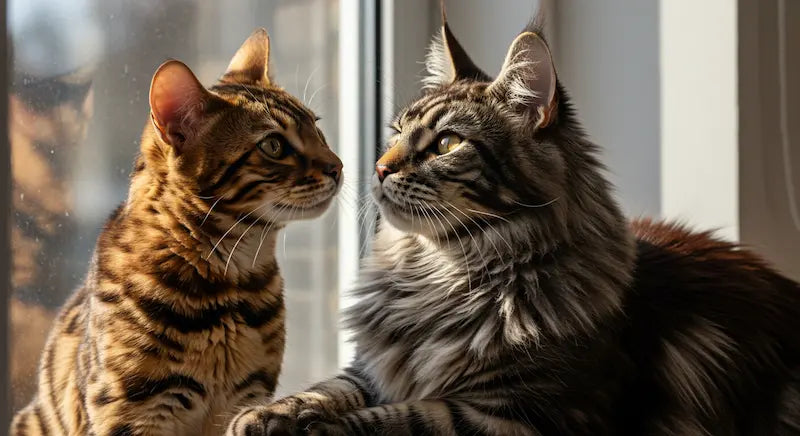
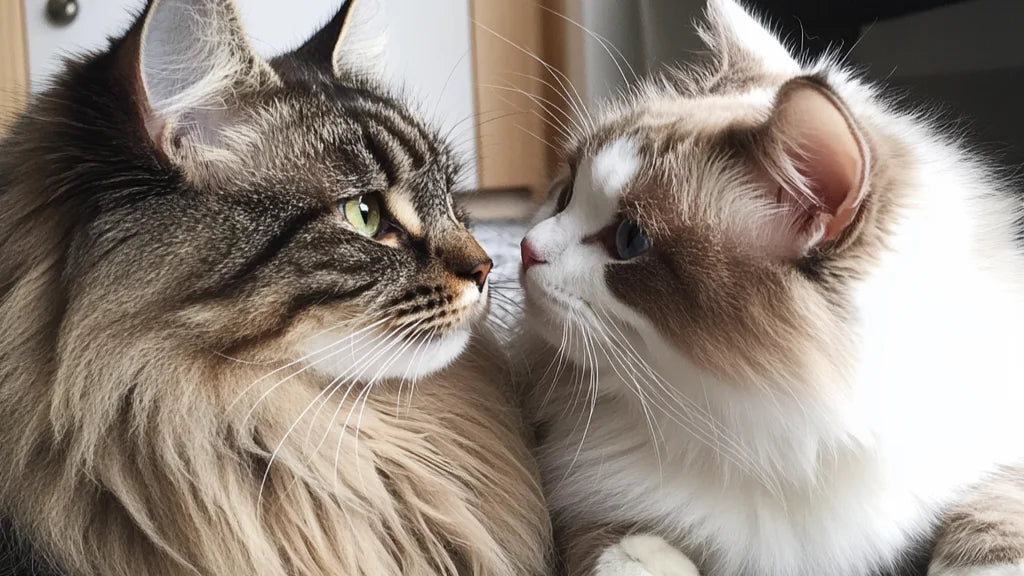

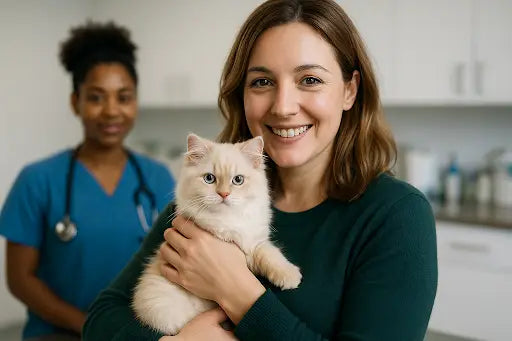





Comments(0)